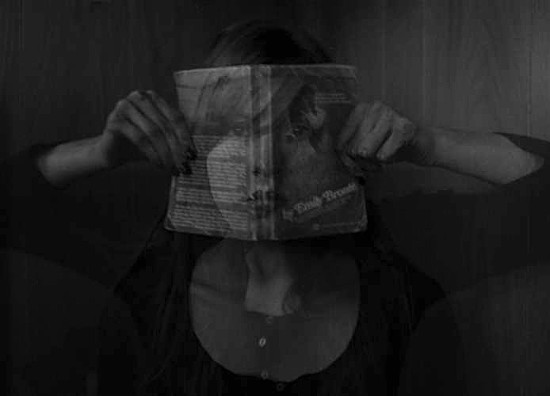
In a recent blog post, Start.Write.Now: Fantastic Journeys, we featured the 2013 Gold Medal-winning Science Fiction/Fantasy story, The Lions’ Den. After reading and relishing it, we couldn’t help asking ourselves once again: how did she do it? Seeking a satisfactory answer, we went right to the source: 18-year-old author and Texas native Mary Elizabeth Dubois. Check out our Q & A with her below. And flex your fantastic imaginations and fingers, because the 2014 Scholastic Art & Writing Awards launches on Monday, September 16!
What inspired you to choose this genre to write Lions’ Den?
I am usually inspired to write when I am in the middle of a crowd. The idea for my submitted piece, “The Lions’ Den,” came to me in the middle of a crowded pizza shop in New York City. I don’t need time, space, or comfort to write. All I need is an idea and my iPhone notepad app. Coffee and Earl Grey tea don’t hurt, either.
As far as the science fiction genre goes, I knew this theme needed to come across as futuristic in order to appear relevant and be understood. I’ve always been obsessed with the idea of the marching man. The man who continuously strives to better himself and create a peaceful world in which to live, and yet, comes to the end of his life realizing he has created nothing. He has not made the world better in anyway, and has only lived to preserve himself and those around him. By creating a very obvious example of this in Lions’ Den, where mankind was actually physically marching towards death, I feel like the idea of the marching man in everyday life was magnified.
What do you find especially appealing about science fiction/fantasy?
I’ve always been in love with science fiction. The appeal lies somewhere in the fact that there are a countless number of themes that can be represented in a futuristic, utopian, or dystopian setting. The situations are often dramatic, but they usually give insight into the current world and the current emotions of an everyday person. Science fiction is often the key to exemplifying truths about our society today.
Who are some of your favorite writers in this genre and why?
My favorite writer in this genre is by far Margaret Atwood. She has an effortless style that causes her dystopian or utopian worlds to be entirely realistic. The Handmaid’s Tale, in my opinion, is her greatest success. I’ve also enjoyed novels such as We by Yevgeny Zamyatin, Brave New World by Aldous Huxley, and Ender’s Game by Orson Scott Card. All three of these provide ingenious themes that are useful in today’s world.
What is your greatest challenge and greatest reward when writing sci-fi?
Creating realistic characters is by far the most difficult, yet most rewarding, part of writing science fiction. In order for a piece like this to be effective, realism in human thought and action is essential. This can be difficult, considering that the knowledge characters have in their futuristic societies is often different from the knowledge a typical human would have today.
What advice can you share for aspiring sci-fi writers?
The best advice: break the boundaries of accepted societal truths. Think of something that bothers you about the world today, and write a piece that magnifies this problem. If you think people are too selfish, write a piece about a society where people live completely immersed in their own minds. If you think people are too loving and selfless, create a world where there is so much giving that everyone has lost a sense of self. Take those thoughts that keep you awake at night and write them into being.
Find out more about our Science Fiction/Fantasy Category and check out past Scholastic Award-winning student work in this category.
